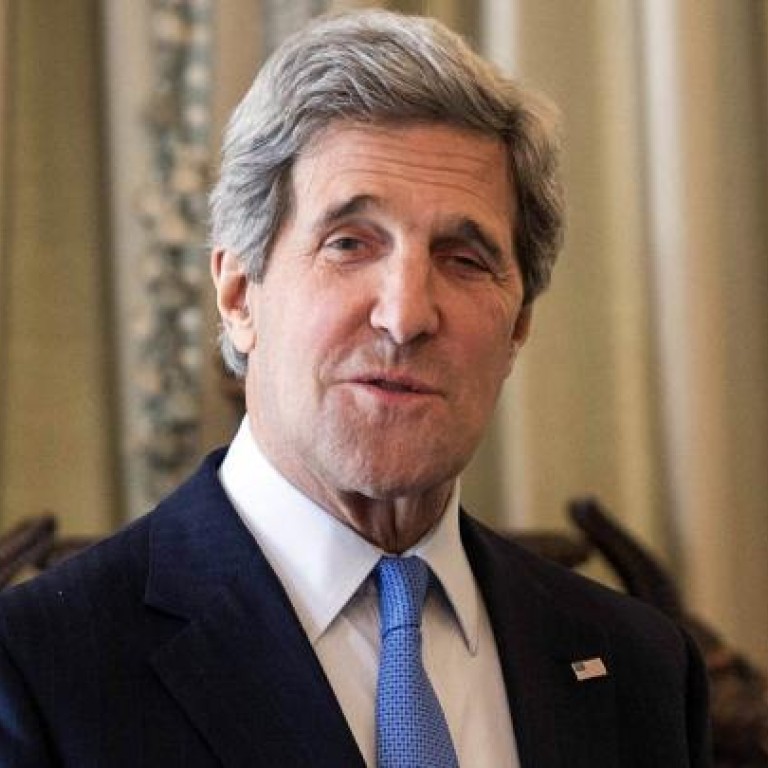
Beijing rethinks its North Korea policy priorities
Paul Letters says China is learning to strike a balance between its worry over a nuclear North Korea and displeasure at the US presence in Asia
Paradoxically, in order for Beijing to achieve its current objectives in the Korean Peninsula of stability and, moreover, a downsizing of the United States' presence, it must concede to displays of American military might in the region.
It may be hard for pro-Western governments to comprehend, but China has long preferred Stalinism on its border to the likely alternative - an extension of US imperialism through a reunified Korea. China's preference for a bumper between itself and the US vassal state of South Korea echoes the Soviet Union's Eastern European buffer states, in place until the cold war was over. The Korean cold war is far from over.
Following North Korea's angry reaction to last month's extension of UN sanctions, the US proceeded with joint US-South Korean military exercises, replying to harsh words with hardware. Secretary of State John Kerry heads to South Korea on Friday, before visiting Beijing at the weekend, and we can expect him to add his voice to the argument that it is in Beijing's interests to align with pro-Western powers on this issue.
In the absence of US-backed security guarantees, North Korean leaders see their nuclear threat as their only deterrent to prevent attack from encircling powers, a view China understands. Although Pyongyang has become more of a liability in recent years, Beijing blames Washington for offering North Korea little choice regarding security, other than the nuclear route. While Beijing appeals for calm by all parties, it is aiming to get the US out of the peninsula.
America's increased military clout in the region is in part designed to spur China into action, such as more rigorous prevention of sanctioned goods departing over the border into North Korea.
But China faces a dilemma. It fears nuclearisation in the North but equally this could happen in the South, in response to Pyongyang's ongoing provocations. In effect, it already has: America's pledge to protect South Korea includes the possible use of nuclear weapons. The 1974 agreement prevents South Korea from developing nuclear weapons - but its government is pushing to renegotiate the terms, and its people stand boldly behind it.
Since February and North Korea's third nuclear test, Beijing has seen enough of Pyongyang's deaf ear, has backed international sanctions and is now reconsidering certain policy priorities: the objectives of denuclearisation, a stable status quo and the maintenance of a traditional friendship are no longer all achievable, if they ever were. And Washington is demonstrating to Beijing that if it cannot or will not play a key role in restraining Pyongyang, a strong American presence in China's backyard is inevitable.
China is showing its mettle - with words, at least. In clear criticism of China's long-standing ally, President Xi Jinping said last weekend that no country in Asia "should be allowed to throw a region and even the whole world into chaos for selfish gain".
And sometimes a lack of words helps. The absence of protest over the current US deployment of warships and aircraft to the peninsula underlines Beijing's growing frustration with North Korea and increasing desire to meet the US half way.

